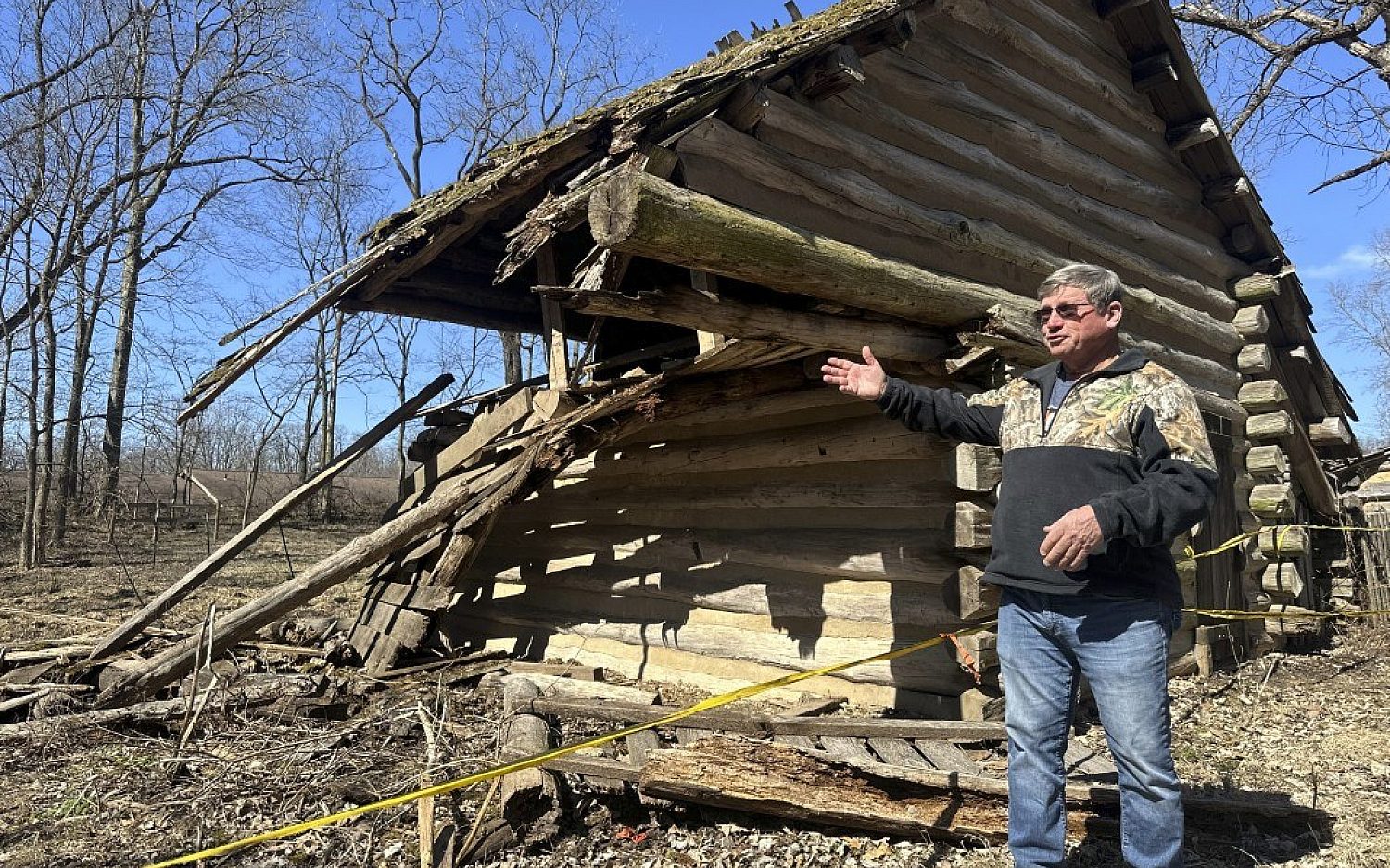Welcome to New Salem, Illinois—Abraham Lincoln’s town.
Well, it’s sort of his town. The sixteenth U.S. president wasn’t born here. But he did spend six years here during the 1830s. During that time, he learned some important lessons.
“This is where he got all of the education necessary to run for office,” says Senator Steve McClure. “So this is probably the most important historic site in the state of Illinois.”
These days, people visit New Salem for exactly that reason. Volunteers dress in old-timey clothes. They reenact history for hundreds of thousands of visitors each year. But there’s a problem. New Salem needs some fixing up. A flood damaged its historic gristmill. Another mill has a hole as big as a refrigerator in the roof. Half a barn roof has collapsed.
People asked state Illinois representatives to pay for repairs.
The Illinois Department of Natural Resources promised $8 million. Repairs to New Salem have not started yet. But lovers of Lincoln history hope to see them soon.
The truth is, Mr. Lincoln didn’t even mean to spend time in New Salem. It was an accident! Imagine Mr. Lincoln back then:
He’s 22. He hasn’t grown a beard yet, and he’s barely even been to school. Starting near Springfield, Illinois, he travels down the Mississippi River on his way to New Orleans, Louisiana. Whoops! His boat gets stuck at the Sangamon River dam at New Salem. Mr. Lincoln frees his boat. He continues to New Orleans. But then he comes back to live in New Salem.
“That was destiny,” says Guy Fraker. Mr. Fraker writes books about Mr. Lincoln’s history. He thinks Mr. Lincoln getting his boat stuck changed America forever. He says, “If he hadn’t, I really firmly believe we’d be two countries.” Mr. Lincoln kept the North and South united during the Civil War.
In New Salem, Mr. Lincoln met many kinds of Americans. Some believed in God. Others didn’t. Some were educated. Others couldn’t read at all. Mr. Lincoln ran a store until it went bankrupt. He went to serve in the Black Hawk War. (That 1832 war was between the United States and a group of Native Americans.) He worked as postmaster. Then he was offered a job as surveyor. (Surveyors measure land and draw property lines.) He taught himself geometry and logic. He became a lawyer. He lost his first political race. Then he ran again and won. The rest is history.
Have unity of mind, sympathy, brotherly love, a tender heart, and a humble mind. — 1 Peter 3:8






























